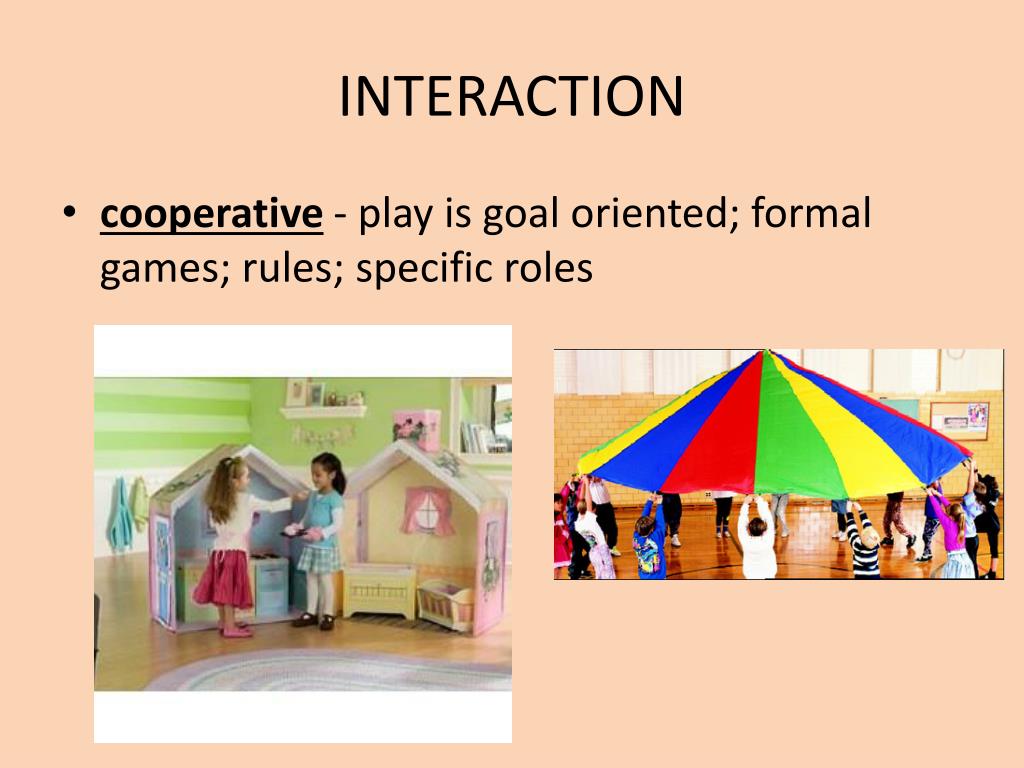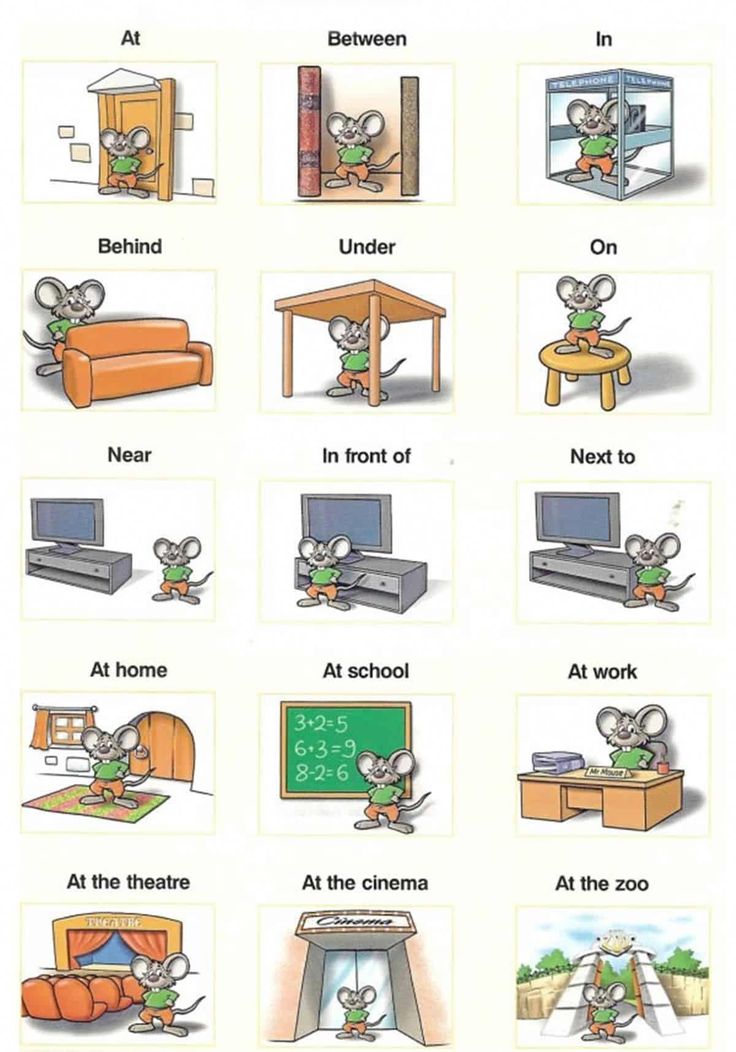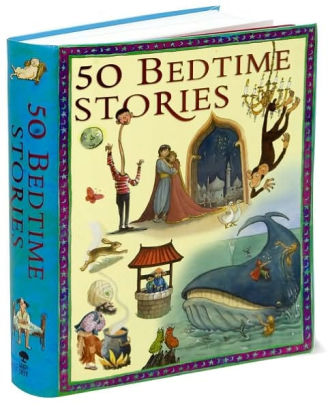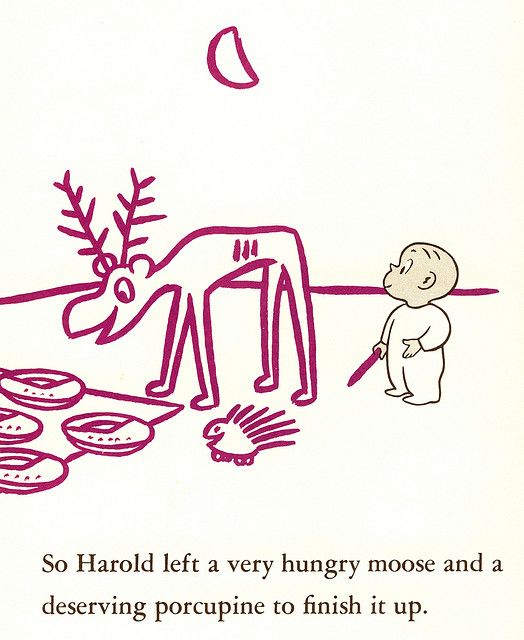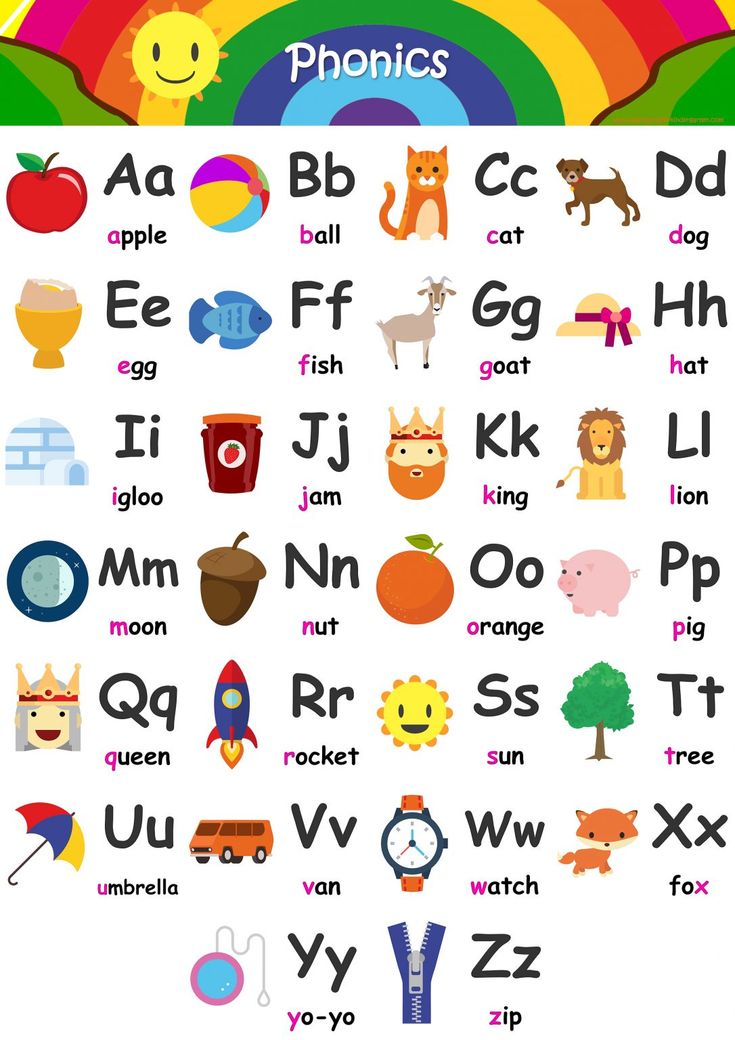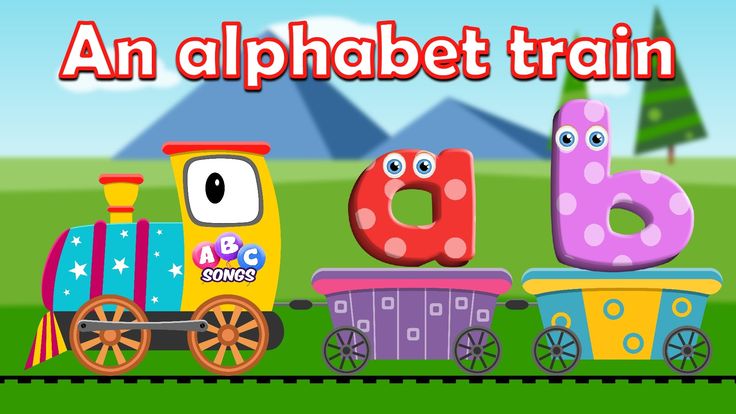Simple cooperative play
Cooperative Play Ideas for Kids
When it comes to playing, there are 6 main stages that occur as a child grows up, and their play becomes a lot more advanced. These involve children being able to cooperate with others and work together in class and on the playground.
Today, we’ll be having a brief look at some cooperative play ideas for kids as well as the different stages to look out for.
What is Cooperative Play?
Cooperative play is defined as being an organised form of activity that involves the equal distribution of efforts and responsibilities among the children to reach a common goal. Knowing the cooperative play definition, many people see these activities as being incredibly important in development through childhood.
It’s good for children to spend time working with others, so they develop important social skills as they move through nursery and school.
Some examples of cooperative play games could include building dens and putting on performances using a stage with props. These things encourage children to share ideas, work together and come up with stories. This can also incorporate independent learning which is another key part of early childhood development.
Playing is a great tool for helping kids learn at such a young age. It combines fun and education which young pupils need to pay attention to and go away learning something new. It develops their physical, mental, social and emotional skills which are vital at this point.
Through this type of play as well, roles like leader and follower are clearer to see amongst the class. It allows those who suit a certain role to build upon it, whilst giving them a chance to experience the other role and understand what it involves. This is a key part of cooperative play child development during nursery and school.
These games can involve as few as two children up to bigger groups of five or more. It’s all about encouraging kids to have fun together and improve their cooperation skills.
Cooperative Play Examples
Here are a few cooperative play examples you could encourage kids to try at your school:
- Treasure Hunt
- Puzzles
- Building Dens
- Relay Races
- Team Games
- Making Up a Dance
- Board Games
These are all activities that encourage children to play together and cooperate on a specific task. They will begin to learn how to interact with others, follow instructions and prepare themselves for the next stages of education.
6 Stages of Play
Children will encounter six different stages of play leading up to cooperative activities with others. Each stage will help with the development of certain skills and overall lead to a child who can take part in social activities without causing any problems. Below are the different stages a child will go through (keep in mind: these different stages don’t necessarily happen in the order given):
- Unoccupied Play – The child is mainly exploring their environment.
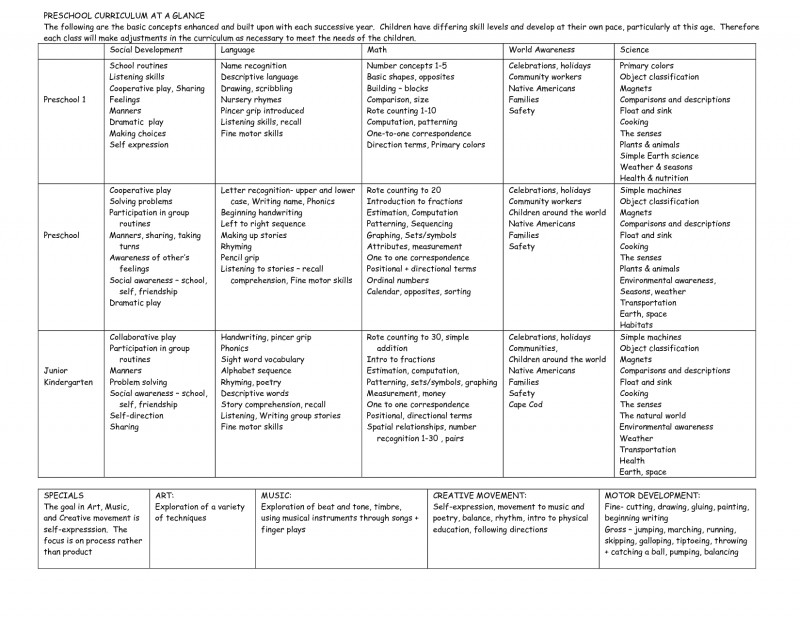 No rules or structure to it, it’s mostly random exploration. The learning is done through personal interaction with the objects/people they will encounter.
No rules or structure to it, it’s mostly random exploration. The learning is done through personal interaction with the objects/people they will encounter. - Onlooker Play – Taking a more of a spectator role, the child will watch other children playing and interacting with objects BUT not interact with them. Social interaction is learnt through observation.
- Solitary Play – Children will choose to bring their own toys near other children but not interact with others. Practically, they will play by themselves but feel the feeling of the company.
- Parallel Play – Linking closely to Solitary Play, children will still be playing in proximity with others and not interacting with each other. However, they will be given the same type of toys in
- Parallel Play, e.g. building blocks, to create a sense of common ground.
- Associative Play – Slowly introducing social interaction,
children are put in groups for a mutual activity that has no common goal to work towards.
 This might be painting, building, throwing and catching a ball or messing around with sensory materials.
This might be painting, building, throwing and catching a ball or messing around with sensory materials. - Cooperative play – At this point, this is where children start to work together towards a common goal, such as creating something. This can also be known as collaborative play. A good example is an art project. Some children may collect the supplies and design what the project will be whilst the other half may be the ones who carry out the instructions.
These 6 stages of play are crucial in the development of kids and will lead to a stronger sense of social skills. Incorporating these stages into daily activity will help the process go a lot quicker and more efficiently.
Benefits of Cooperative Play
The cooperative play offers a number of benefits to those who fully engage with the activities that are presented to them. Some of these benefits include:
- Improvement of physical, social, mental and emotional skills
- Listening and speaking skills are built upon
- Teamwork
- Leadership
- Make use of different skills
- Sharing of ideas/responsibilities
- Problem-solving
- Work together to reach a common goal
- Concept of everyone being “winners”
A key thing to keep in mind when it comes to these types of cooperative play is how everyone is a “winner”.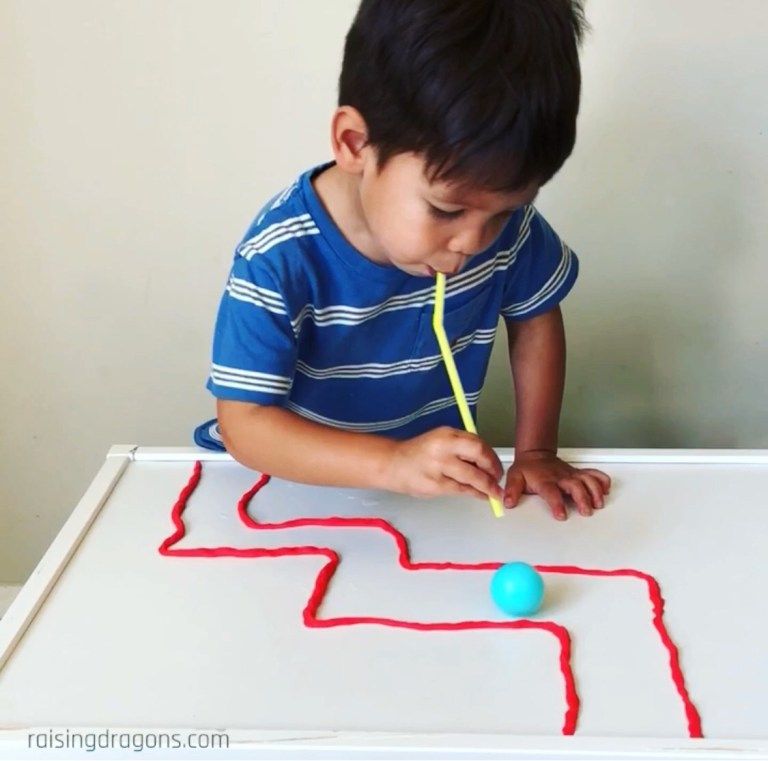 Cooperative play doesn’t have a way to effectively “win” the challenge set for them. However, children will like the aspect of competition and try and turn it into one. Through this, many kids who fail the task set for them may think of themselves as “losers”.
Cooperative play doesn’t have a way to effectively “win” the challenge set for them. However, children will like the aspect of competition and try and turn it into one. Through this, many kids who fail the task set for them may think of themselves as “losers”.
The reason I bring this point up is that the task requires teamwork, and instead of trying to win something, they are trying to solve a problem and must work together. The difference being, you can’t lose at the task, so try and discourage the mentality that some of the kids may have whilst carry out this activity. With this, children learn that it’s not always about winning and losing, but working as a team.
Playing Cooperatively in Early Years
There’s no doubt that cooperative skills are important in the later years, but I would argue that it’s equally important during the Early Years. Early Years is when the mind is developing at the most effective rate and so teaching children the importance of cooperation through play is a great method to allow the learning to be absorbed into their minds.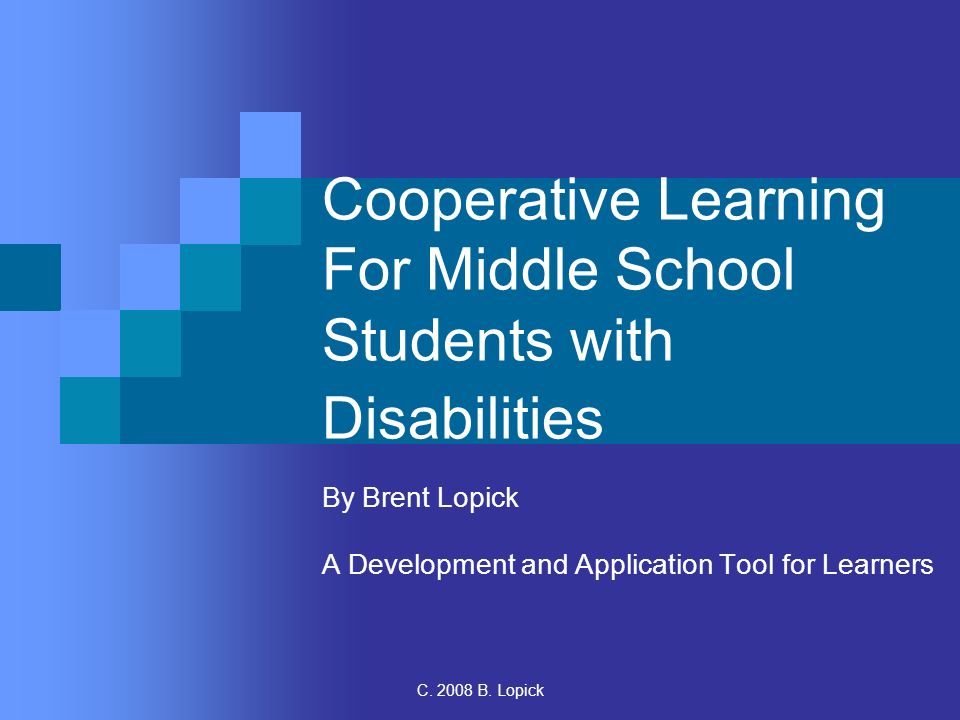 Have a look at some more outdoor play ideas for EYFS if you would like to find some more activities for your nursery.
Have a look at some more outdoor play ideas for EYFS if you would like to find some more activities for your nursery.
Using simple activities can be easily incorporated into the mindset of the pupils with no problem. It’s good to teach them at this age as well because cooperative play teaches important concepts like sharing, abiding by rules and patience. Teaching these things through a game at such a young age will also benefit the pupils in the future.
Communication Skills on the Playground
Cooperation requires a strong sense of communication for it to be effectively carried out. During the Early Years, this can be hard for young kids as communication is a skill that is built upon through previous experiences. Through performing cooperative tasks, communicating becomes a lot easier between the pupils.
A stronger understanding of how to approach people in difficult situations or how to resolve conflict can be taught through these simple activities.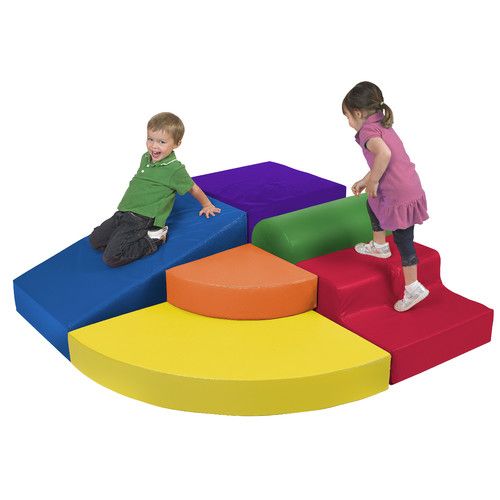 Keep in mind that children need to encounter these types of problems during play to develop. They will help build a general knowledge of effective communication and improve their basic understanding.
Keep in mind that children need to encounter these types of problems during play to develop. They will help build a general knowledge of effective communication and improve their basic understanding.
Of course, other activities may offer this benefit of developing communication, but cooperative activities put the pupils in situations that apply to everyday life and therefore the learning a lot quicker. They can relate to the situations given to them through this mean compared to just normal games.
How Do You Promote Cooperative Play?
Here are a few ideas you can use to promote cooperative play with your own children or with school and nursery pupils.
- Encourage taking turns – Children should learn to share toys and games with others, ensuring everyone gets a fair turn using a piece of equipment.
- Do chores and tasks at home – Get children involved in simple jobs with parents or siblings like tidying up or setting the table for a meal
- Be an example of compassion – Children learn from the behaviour of adults, if you practise kindness and empathy in front of them, they are more likely to take on these qualities.
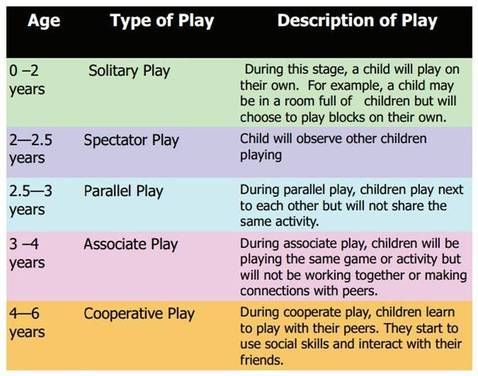
- Promote free play – Having the freedom to engage in unstructured play is a great way for kids to interact with others and make their own fun.
- 4 Ideas for Teaching Organisation on the Playground
- 4 Reasons Why Schools Have Artificial Grass
- Activities to Teach Kindness on the Playground
- All Weather Surface Children’s Playground Safety Flooring
- Artificial Grass and Rubber Mulch Surfacing in Derby, Derbyshire
- Artificial Grass and Wetpour Pathway Installation at a School in Birmingham
- Artificial Grass and Wetpour Roadway Construction in Liverpool
- Benefits of a Mud Kitchen for a School Playground
- Benefits of Climbing in Primary School
- Benefits of Sensory Activities for Individuals With Autism
- Bespoke Playground Surfacing With Graphics in Northampton
- Best Playground Equipment for Primary Schools
- Black Wetpour & Artificial Turf Construction at a Nursery in Harlow, Essex
- Black Wetpour Flooring Construction in Canterbury
- Children’s Play Area Flooring
- Children’s Sensory Playground Designs
- Colourful Play Area Surfacing in Sheffield, South Yorkshire
- Colourful Playground Flooring Design in Cardiff, Wales
- Colourful Rubber Playground Flooring in Wakefield, West Yorkshire
- Colourful Rubber Playground Flooring Installation in Wakefield
- Colourful UK Playground Surfacing in Bedfordshire
- Cooperative Play Ideas for Kids
- Costs of Schools Playground Safety Surfaces
- Creating a Storytelling Area in Your Playground
- Day Care Playground Safety Flooring in Stoke, Staffordshire
- Den Building Ideas for Schools
- Early Years Outdoor Play
- Educational Play Designs
- Educational Playground Surface Installation in Brighton
- Educational Playground Surface Installation in Brighton, East Sussex
- Encouraging Risk Taking in Outdoor Play
- EPDM Rubber Play Area Flooring in Luton
- EPDM Rubber Play Area Flooring in Luton, Bedfordshire
- EPDM Rubber Play Area Surfacing in Leeds, West Yorkshire
- EPDM Rubber Wetpour Flooring in Newcastle, Tyne and Wear
- EPDM/SBR Rubber Surfacing Playground Flooring
- Expressive Arts Playground Ideas
- How Do I Apply for Grant Funds for a Play Area in the UK?
- How Do Wet Pour Repair Kits Work
- How Playing Outside Can Reduce Stress and Anxiety
- How to Encourage Phonics Learning on the Playground
- How to Prepare Your Playground for Winter
- How to Refresh Your School Playground
- Imaginative Play Ideas for Kids
- Impact Attenuating Playground Surfacing
- Improving Children’s Mental Health With Play
- Inclusive Playground Equipment for Schools
- Independent Learning Activities for Kids
- Lap, Leap, Neap Play Area
- Large Wetpour Play Area Surface in Stockport
- LEAP Local Equipped Area for Play
- Learning Through Play – Psychology and Theories
- Managing Behaviour Through Active Outdoor Play
- NEAP Neighbourhood Equipped Area for Play
- Needlepunch Playground Construction in Kilmarnock
- Nursery EPDM Rubber Surfacing in Wolverhampton
- Nursery Play Area Maintenance
- Nursery Play Area Surfacing
- Nursery Playground Installation
- Nursery School Green Wetpour Overlay in Gloucester
- Ofsted Requirements for Outdoor Play
- Outdoor Maths Games for Children
- Outdoor Nursery School Surfacing in Preston
- Outdoor Nursery School Surfacing in Preston Lancashire
- Outdoor Play Area Ideas for Kids
- Outdoor Play Ideas for Children With Dyscalculia
- Outdoor Playground Roadway Design
- Outdoor Safety Flooring Designs
- Outdoor Wetpour Surfacing Install in Leicester
- Play Area Line Marking Specification
- Play Area Maintenance
- Play Area Surfaces
- Playground Activities for the National Curriculum
- Playground Designs for Sensory Processing Disorder
- Playground Equipment for Schools
- Playground Fencing
- Playground Flooring Repair in Birmingham, West Midlands
- Playground Games for Children With Dyspraxia
- Playground Games to Encourage Speech Development
- Playground Grass Mats Safer Flooring
- Playground Marking Graphics
- Playground Markings
- Playground Safety Surface Construction in Reading, Berkshire
- Playground Safety Surfacing with Graphics in Shropshire
- Playground Surface HIC Safety Flooring
- Playground Wet Pour Flooring in Northamptonshire
- Playground Wet Pour Flooring in Northumberland
- Playground Wet Pour Flooring in Nottinghamshire
- Playground Wet Pour Flooring in Oxfordshire
- Playground Wet Pour Flooring in Rutland
- Playground Wet Pour Flooring in Shropshire
- Playground Wet Pour Flooring in Somerset
- Poured in Place Rubber Bouncy Playground Surfaces
- Pre School Play Area Surfacing in Wigan, Greater Manchester
- Pre-School Play Area Surfacing in Wigan
- Primary School Outdoor Classroom Funding Grants
- Protective Playground Flooring
- PS4 Activity Games Space Area in Penrith
- Q26 – Wetpour Playground Safety Surfacing
- Rubber Outdoor External Playground Flooring
- Rubber Playground and Artificial Grass Surfacing in Middlesbrough
- Rubber Playground Surface Construction
- Rubber Spheres Play Equipment
- Rubber Tarmac Flooring
- Rubber Tarmac School Outdoor Playground Flooring
- Safety Surfaces For Playgrounds
- Sand and Water Play Activities for Kids
- School Adventure Trail Designs
- School All Weather MUGA Pitches
- School Athletics Track Designs
- School Playground Design and Install in Manchester
- School Playground Graphics
- School Playground Groundworks
- School Playground Ideas
- School Playground Maintenance
- School Playground Marking Designs
- School Playground Surfacing
- Schools Recreational Long Jump Runway Length
- SEN Playground Equipment for Schools
- Small nursery EPDM Rubber Surfacing in Wolverhampton
- Soft Fall Impact Absorbing Playground Surface
- Spongy Nursery School Surfacing in Carlisle
- Spongy Playground Flooring Construction in Woking, Surrey
- Spongy playground flooring construction that we carried out in Woking, Surrey
- Spongy Safer Pour Surfacing for Playgrounds
- Tests for Playground Safety Flooring
- Top 3 Safety Surfaces for Playgrounds
- Top 5 School Playground Trends
- Wet Pour Surfacing and Synthetic Turf Construction in Worthing, Sussex
- Wetpour Flooring & Graphics Installation in Bristol
- Wetpour Playground with Graphics in Salford, Greater Manchester
- Wetpour Safety Flooring with Graphics at a Nursery in Cheltenham, Gloucestershire
- What Is Critical Fall Height?
Cooperative Play Activities
Creating activities at first can be a bit of a challenge for someone who doesn’t know what to do. But here are a few different cooperative play activities for toddlers and children that we recommend that you try and incorporate into your teaching somehow.
But here are a few different cooperative play activities for toddlers and children that we recommend that you try and incorporate into your teaching somehow.
A great place to start with cooperative games is with building blocks. Set a task to groups of pupils to construct a building from blocks. Sounds easy but there’s a twist. Half the group are the suppliers of the blocks, and the other half is the actual builders. By doing this, you are encouraging the kids to take turns and cooperate with each other to get the job done efficiently and effectively with no problems.
Another great activity to get pupils involved with is running a pretend shop. As this is a role-play based activity, kids can also work on their imaginative thinking, alongside social and logical thinking. Give each child a different role in the game and leave them working together to run the pretend shop for a while. The roles in these cooperative games should intertwine with one another, causing social interactions to occur.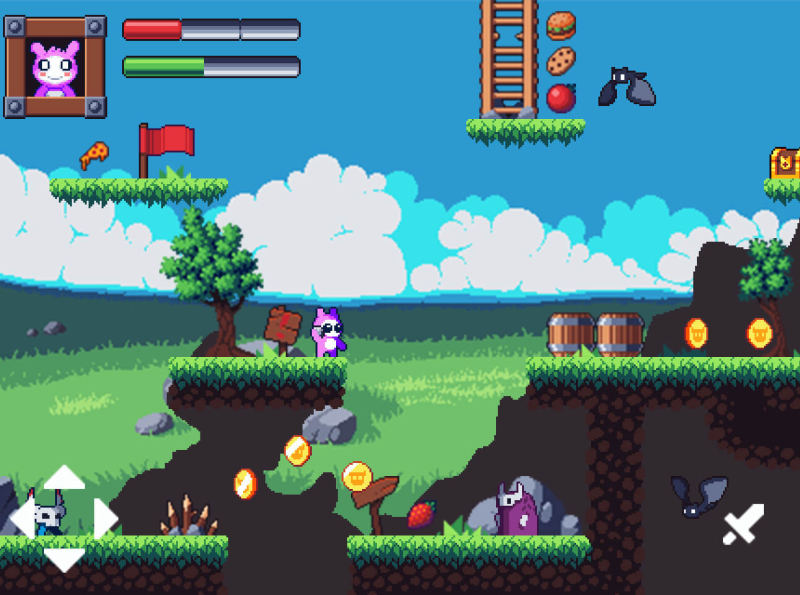 There are loads of outdoor play activities for kids which you could incorporate into break times at your school or nursery.
There are loads of outdoor play activities for kids which you could incorporate into break times at your school or nursery.
Remember, cooperative playground activities are a great method for improving not just social skills, but a wide range of skills. Try your best to incorporate the activities daily and try to get full engagement from everyone. If you have any other questions about cooperative play ideas for children or you want any more information then get in contact with us today!
Get expert advice, today call us on
Get a FREE quote from our award winning team
01625 445760
Contact Us
What Is Cooperative Play? Definition, Examples, and Benefits
As children grow, they move through distinct developmental stages that impact how they interact with the world and the people around them. While parents are often quick to note developmental milestones like learning to sit up or sleeping through the night, there are also important social milestones your child will move through.
One such milestone is reaching the cooperative stage of play. If you’re interested in learning more about the stages of play, read on!
Cooperative play is the last of the six stages of play described by sociologist Mildred Parten. Cooperative play involves children playing and working with others towards a common goal or purpose.
Being able to participate in cooperative play is extremely important. It means that your child has the skills they’ll need later to collaborate and cooperate at school and in other typical social settings, like sports.
Cooperative play doesn’t happen overnight though. Before your child reaches this stage, you should expect to see them move through five earlier stages of play.
Unoccupied play
Unoccupied play, the first stage, is when an infant begins to experience the world through their senses. They move their body and interact with objects simply because it’s interesting or because it feels good.
At this stage, your little one enjoys things with interesting textures and patterns or items that they can touch or see.
Solitary play
After unoccupied play, children move into the independent or solitary play stage. During this stage, a child will play on their own with little to no regard to what other adults or kids around them are doing.
During this stage, your child might stack and knock over blocks, line up or move around objects, flip through a book, or enjoy shaking a noise maker or other similar toy.
Onlooker play
During the onlooker play stage children will observe the play of other kids while not actually playing themselves. Motivated by an intense curiosity, little ones might sit and observe others for long periods of time without trying to jump in and play.
During this stage your child is observing how play “works” and learning the skills they’ll need to jump in when they feel ready.
Parallel play
After mastering onlooker play, a child will be ready to move into parallel play. During parallel play, children will play beside and in proximity to other children without actually playing with them.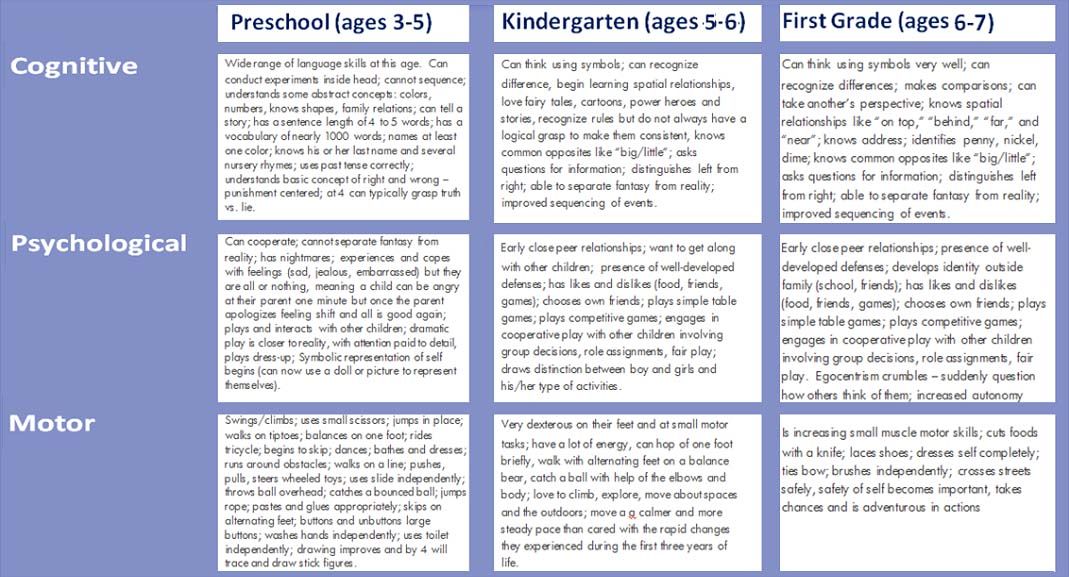 Children often enjoy the buzz that comes with being around other kids, but they don’t yet know how to step into others’ games or ask other kids to step into their games.
Children often enjoy the buzz that comes with being around other kids, but they don’t yet know how to step into others’ games or ask other kids to step into their games.
You may feel awkward when you head to a playdate and it seems like your child ignores the other children, but often they’re just engaging in an earlier play stage like this one.
Associative play
The final stage of play prior to cooperative play is associative play. During associative play, children will play with one another but don’t organize their play toward a common goal. Kids might be talking, laughing, and playing together but have totally different ideas about the outcome of the game they’re each playing.
Your child and their friends may all be playing a game that involves cooking, but one may be a chef, one may be a daddy cooking dinner, and one may be making a snack for their dinosaur.
Cooperative play
Finally, after lots of practice communicating and collaborating, a child moves into the final stage of play, cooperative play.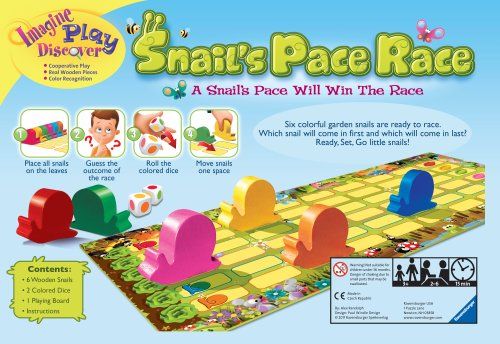
You will notice your child has moved on to cooperative play when they can communicate desired outcomes with others and collaborate towards a common goal with each person having a distinct role to play.
While every child is different and will move through the stages of play at a different pace, in general, kids begin to engage in cooperative play between the ages of 4 and 5.
The ability to play cooperatively depends on your child’s ability to learn and exchange ideas and assign and accept roles in their play. Typically, children under 4 are not yet ready to share their toys for the sake of a game, to respect the property rights of other children, or to understand the importance of rules and bounds within a game.
You can encourage cooperative play by example. Play games that require taking turns, discuss assigning roles within play, and encourage communication and feedback.
Cooperative play allows children to work together towards a common goal instead of in opposition to one another or in pursuit of winning.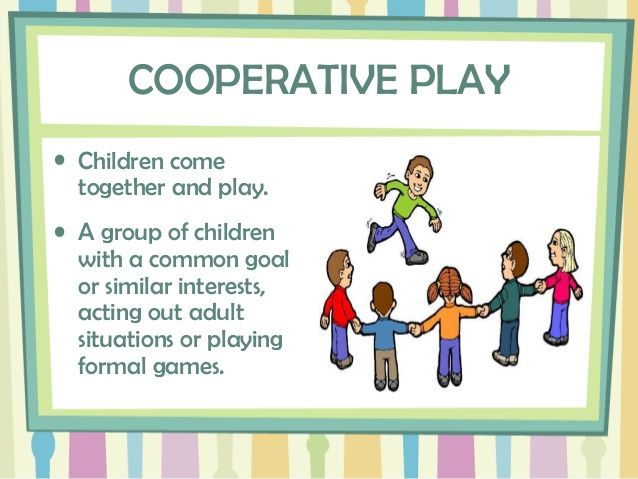 Parents and caregivers can foster cooperative play by creating an environment with tools and games kids can use to work cooperatively.
Parents and caregivers can foster cooperative play by creating an environment with tools and games kids can use to work cooperatively.
Outdoors, children can work together to rake leaves, build a snow fort, or plant and tend to a garden. Children can also collaborate to use playground equipment or outside toys in a way that ensures that everyone gets the opportunity to play, like rotating between the slide, the swings, and the monkey bars.
Indoors, children can construct buildings and cities from boxes or blocks together or use figurines and dolls to act out shared stories. Children can also recreate scenarios they see in their everyday life, such as playing grocery store, doctor’s office, or veterinarian.
At this stage, children may also begin to enjoy more organized card or board games that allow them to work towards a common goal or point total. They may also enjoy collaborative work like building a puzzle together or painting a mural.
Encouraging your child to participate in cooperative play is important for fostering their long term social development. During cooperative play they can learn and develop a number of life skills that will help them get along with others and move through the world successfully.
During cooperative play they can learn and develop a number of life skills that will help them get along with others and move through the world successfully.
During cooperative play children learn:
Cooperation
Cooperation is an essential life skill that children will use at home, at school, and in the community as they grow.
Play that fosters a sense of cooperation in kids shows them that working together allows them to have more fun and more readily reach their goal than working or playing independently.
Communication
During cooperative play children must express their needs and desires as well as hear and respect the needs and desires of others. Kids learn that if they don’t communicate or listen effectively, their play simply won’t be as fun.
As kids continue to grow and develop, they refine their communication skills through play and carry these skills into different parts of their lives.
Empathy
During cooperative play kids each have a distinct role to play in their game.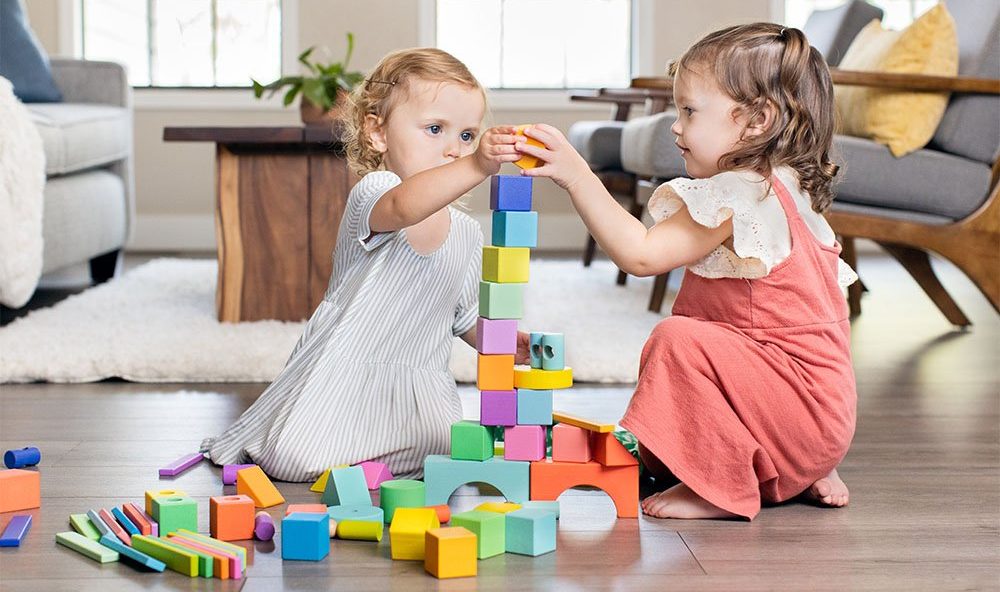 As kids negotiate rules and roles, they learn that they must think from the perspective of others to ensure that the game is “fair” for all.
As kids negotiate rules and roles, they learn that they must think from the perspective of others to ensure that the game is “fair” for all.
This recognition that different people experience the same situations differently is one of the earliest forms of empathy.
Trust
During cooperative play children assign one another roles to play and rules to follow and then must trust that everyone will comply. Children learn to value one another’s strengths and contributions and to trust that they’ll each participate in the agreed upon way.
Conflict resolution
Reaching the cooperative stage of play does not mean that children will never experience conflict when they play, in fact, playing cooperatively often creates bountiful opportunities for little ones to practice their budding conflict resolution skills.
As conflict arises, children must learn to effectively communicate the problem and to brainstorm compromises and solutions that are acceptable and workable for all parties involved.
Cooperative play is the final stage of play and represents your child’s ability to collaborate and cooperate with other children towards a common goal.
Children often reach the cooperative stage of play between 4 and 5 years of age after they have moved through the earlier five stages of play. You can foster cooperative play by setting up your home environment in a way that gives your child the tools and toys they need to create cooperative games.
Children learn through play and, as they play cooperatively with other kids, your child will learn essential life skills that they’ll use now and as they grow!
12 cooperative games to play with friends
Video games
12 cooperative games to play with friends
Nikolay Udintsev
April 3, 2020 21:40
, because nothing works out and you constantly lose. No royal battles and impudent teammates, only mutual assistance and support.
Overcooked 2
Chaotic Restaurant Simulator
True friends are not known in trouble, but, of course, during emergency sushi cooking.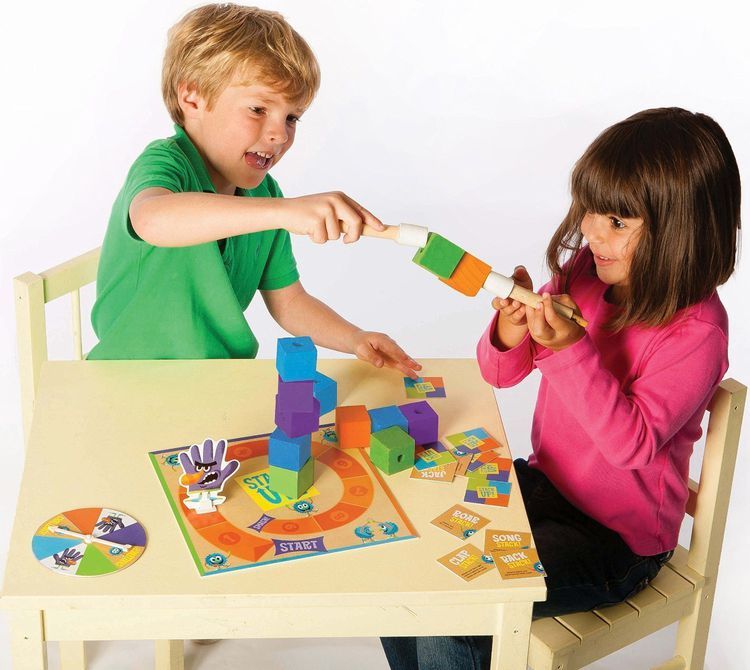 Everything is arranged very simply: here are the products - they need to be cut, fried, assembled and given to visitors, the sooner the better. It's so simple that you only need six buttons to play, four of which are arrows. But the story gets more complicated when you rush to grab the tomatoes and watch the cutlet burn (the kitchen is falling apart at this time, because something is bound to get in the way at each level). This is the most social game on the list. There is no confrontation in it, only support and teamwork. If you are self-isolating together, you can play from the same device.
Everything is arranged very simply: here are the products - they need to be cut, fried, assembled and given to visitors, the sooner the better. It's so simple that you only need six buttons to play, four of which are arrows. But the story gets more complicated when you rush to grab the tomatoes and watch the cutlet burn (the kitchen is falling apart at this time, because something is bound to get in the way at each level). This is the most social game on the list. There is no confrontation in it, only support and teamwork. If you are self-isolating together, you can play from the same device.
Co-op
up to four
Something similar
Totally Reliable Delivery Service, Human Flat Fall
Dead by Daylight
Friday the 13th, but a horror game
900 All recognizable signs four unfortunates, an abandoned junkyard and a maniac with supernatural powers. The survivors hide, run, and repair generators to escape, while the maniac hunts down and sets traps accordingly.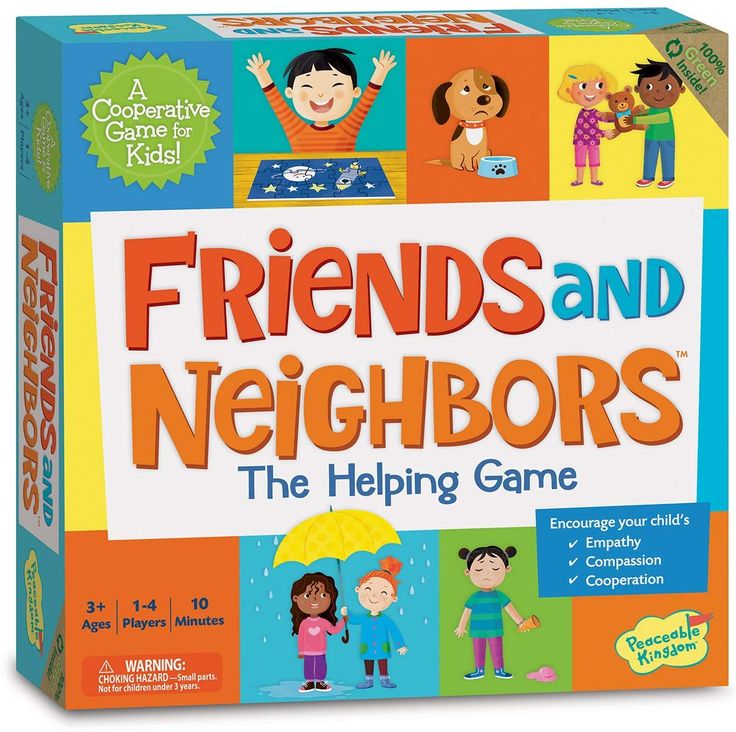 There are two options: help each other out or play selfishly to get away while the villain deals with the others. Together, of course, more interesting. For example, while one is repairing generators, the other is looking for a way out, and the third is distracting the maniac. At its best, the game looks like a real movie. For example, a friend bravely saved you, you got scared and left him. Or, on the contrary, they took a risk and pulled their fallen friends out of the clutches of the villain. Warning: don't play if you can't stand horror, blood on the screen, and screaming.
There are two options: help each other out or play selfishly to get away while the villain deals with the others. Together, of course, more interesting. For example, while one is repairing generators, the other is looking for a way out, and the third is distracting the maniac. At its best, the game looks like a real movie. For example, a friend bravely saved you, you got scared and left him. Or, on the contrary, they took a risk and pulled their fallen friends out of the clutches of the villain. Warning: don't play if you can't stand horror, blood on the screen, and screaming. Co-op
up to four
Something similar
Doom Eternal, Left 4 Dead 2
Laser League (or Pyre)
Sports from 3020 future. The rules are simple: players of two teams capture points on a compact field, from which spinning laser walls emerge. You can pass through your own, but others are deadly. The task is to drive the enemy players into these walls and eliminate the entire team.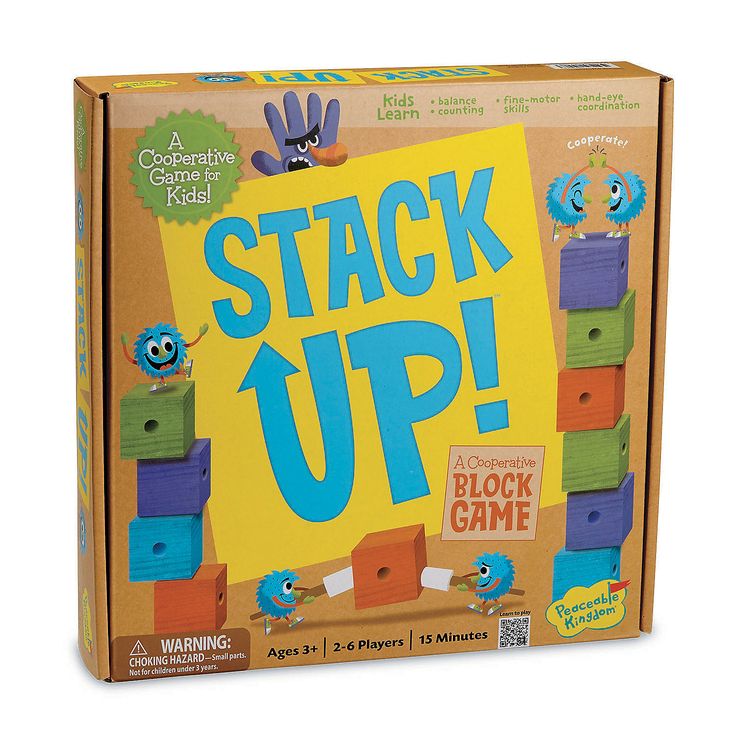 To make it more fun, something unexpected happens all the time during the match: for example, the sides change places or the entire field freezes on pause. Matches are fast, do not require any special knowledge and will definitely give you a few unexpected outcomes.
To make it more fun, something unexpected happens all the time during the match: for example, the sides change places or the entire field freezes on pause. Matches are fast, do not require any special knowledge and will definitely give you a few unexpected outcomes.
Alternatively, you can watch Pyre fantasy basketball, but you can only play it on one device.
Co-op
up to four
Something similar
Rocket League
Astroneer
A sci-fi expedition that went wrong
You could call it a minecraft "camera" game. You crash on an unfamiliar planet, but, fortunately, everyone had a "space vacuum cleaner" with them. With its help, they dig the earth, build bridges and extract resources. They are needed, of course, to equip the base, which eventually turns into a complex system of modules and 3D printers, and fly to another planet. Most importantly, Astroneer conveys a sense of discovery: when you were digging and digging, you accidentally found an underground cave and go down with excitement to find out what secrets and resources it holds.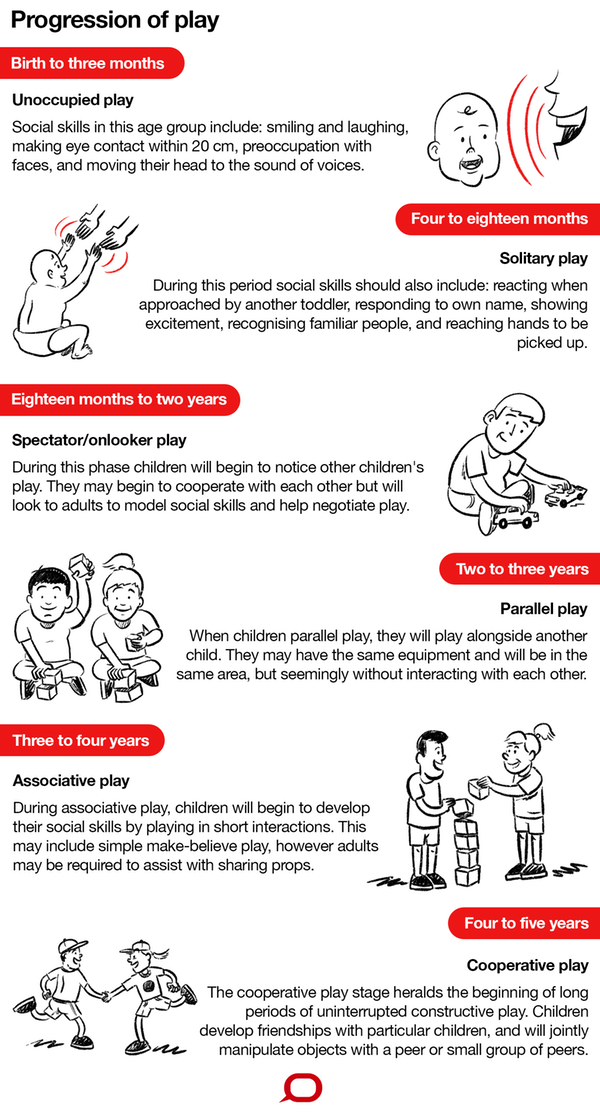
Co-op
up to four
Something similar
Stardew Valley, Terraria, Don’t Starve Together, Rust
Risk of Rain 2
Colorful raid for loot, time is your main enemy
The longer you play, the more opponents will appear, the stronger they will become. But time is needed to explore the locations and find all the valuable loot. In the early stages, the gameplay looks rather pale, but at least wait for the first boss. Complete chaos will be created on the screen: a monster with a lot of health, dozens of small minions, several colored domes, inside which your team is standing, healing drones, turrets. There is no plot in Risk of Rain 2 - only four locations that go through each other again and again (the game is still in early access, some of the content is being completed). It is for those who just want the best loot for themselves. 9Ol000 , now it's time to hunt yourself. To do this, the heroes climb the swamps of Louisiana with guns and track down the local monster.
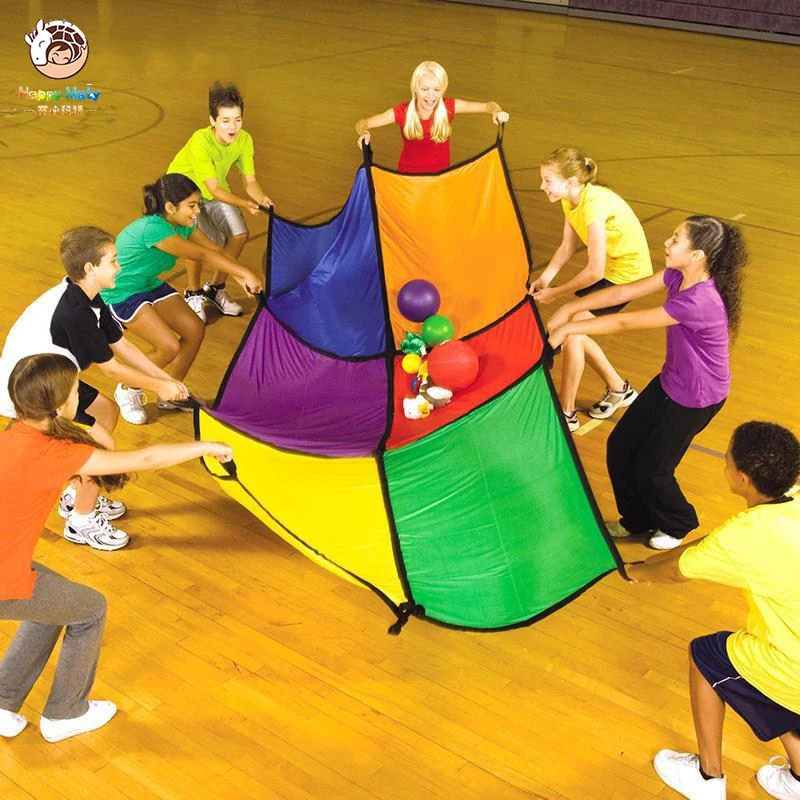 To find it, you need to collect clues that are scattered around the abandoned sawmills, and then visit the lair in some kind of terrible barn and try to drive the evil spirits. The swamps are full of danger, zombies and haunted mansions. There are very few cartridges, so the hunt turns into a slow horror. The problem is that you need to hurry. The monster is hunted by other teams, which at the very last moment can vilely take away the prey. Therefore, in Hunt: Showdown, you listen intently to the silence even after you have killed the main boss.
To find it, you need to collect clues that are scattered around the abandoned sawmills, and then visit the lair in some kind of terrible barn and try to drive the evil spirits. The swamps are full of danger, zombies and haunted mansions. There are very few cartridges, so the hunt turns into a slow horror. The problem is that you need to hurry. The monster is hunted by other teams, which at the very last moment can vilely take away the prey. Therefore, in Hunt: Showdown, you listen intently to the silence even after you have killed the main boss. Co-op
up to four
Something similar
Monster Hunter: World, Escape from Tarkov
Brawlhalla
Replica of the most popular fighting game in the world
Kombat. But it's actually Super Smash Bros. Ultimate, which became the best-selling fighting game in history last year, surpassing Street Fighter 2. The problem is that Super Smash Bros. only owners of Nintendo consoles play (if you have a Switch, then you are lucky).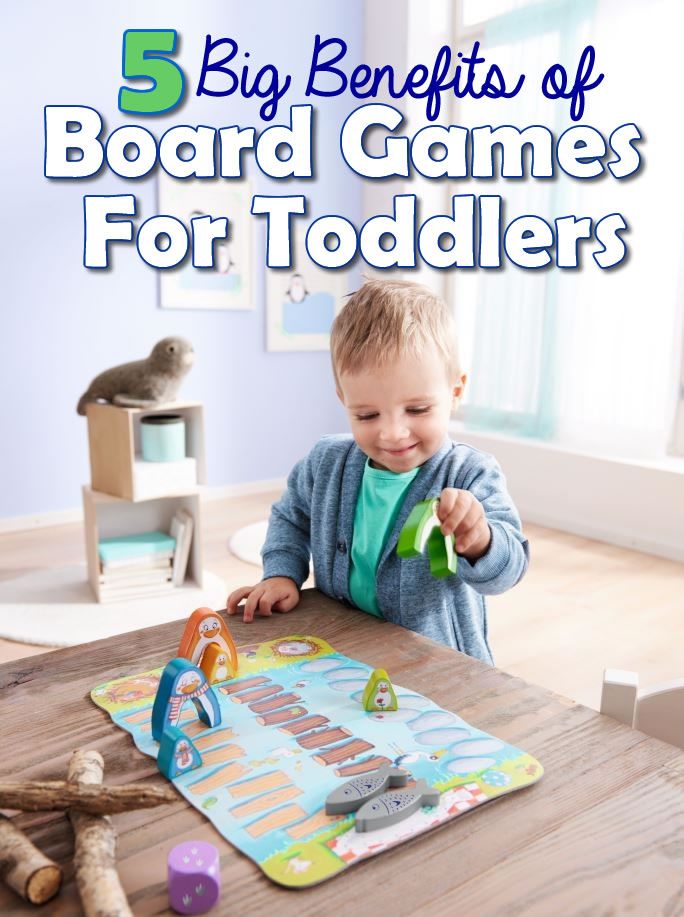 For everyone else, there is a copy of it - Brawlhalla. Of course, this is not that unique original, but in general it looks similar, and the rules are about the same. Several teams endlessly jump on flying platforms, fight and try to throw each other down. It turns out a simple and fun fighting game.
For everyone else, there is a copy of it - Brawlhalla. Of course, this is not that unique original, but in general it looks similar, and the rules are about the same. Several teams endlessly jump on flying platforms, fight and try to throw each other down. It turns out a simple and fun fighting game.
Co-op
up to four
Something similar
Monster Hunter: World, Escape from Tarkov
Temtem
Pokémon for those who can't solve real Pokémon problems 9002 9 more Nintendo consoles. Temtem takes all the mechanics of the Pokémon series, copies them and brings them into their world. Here, too, there are creatures that can be caught and upgraded (so far with all the evolutions in the game there are 160 creatures), battles with other Temtem masters, many classes, a story that unfolds in several regions. Temtems, although visually reminiscent of Pokemon, still look original and interesting. Creatures can be collected together with a friend, go through the story with him and fight in pair duels, and then go online and play against each other.
Play on Steam, PlayStation 4, Nintendo Switch, Xbox One in the future.
Co-op
for two
Something similar
Pit People
Metal Slug 3
Like Contra, but more fun
Slug. True, now you can’t play the first one especially anywhere, and the second one is launched literally on any device. Metal Slug 3 (or any other Metal Slug) is the perfect game for the evening: it takes an hour and a half and does not require anything from you at all, except for two things - run and shoot. This is also an interesting excursion into the past - you will be surprised how much games have changed in the 20 years that have passed since the release of Metal Slug. 9Ol000 dream game. Probably, Sea of Thieves would have become it, if not for one circumstance. Two years ago, it was released unfinished - so much so that there was simply nothing to do there. During this time, the situation has become much better: computer-controlled pirate ships, a volcanic island, a region covered in fog, and long treasure hunt quests have appeared in the game.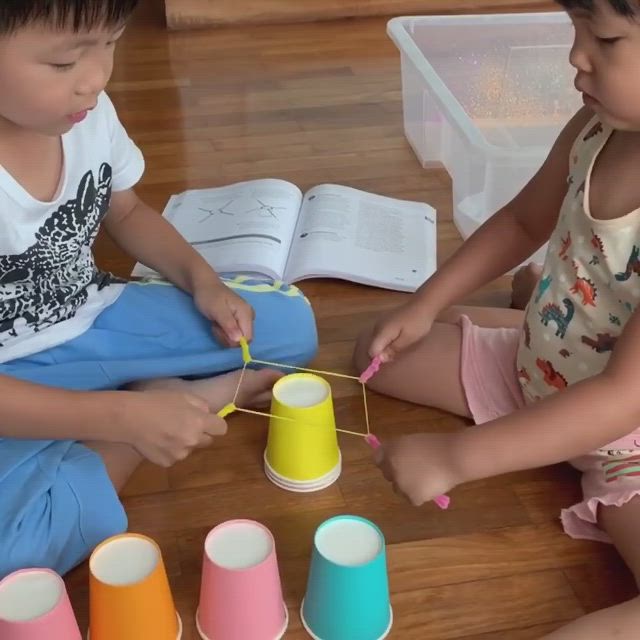 It still feels a little empty, but for a couple of weeks it will be a good place to procrastinate. Best of all, this pastime illustrates this video.
It still feels a little empty, but for a couple of weeks it will be a good place to procrastinate. Best of all, this pastime illustrates this video.
Cooperative
to four
something similar
Destiny 2, Tom Clancy's The Division 2
Battlerite
League of Legends, in which only the battles of heroes
in the Golden Golden Group and Speed. for artifacts in order to fight sometime in the future. There is none of this in Battlerite - the heroes just go against each other and fight. To win, you need to use your skills wisely, keep your distance and move around the court. With friends, you can go into a two-on-two or three-on-three duel, choosing one of 28 heroes. Unfortunately, at the end of last year, the game stopped being updated, because the developers concentrated their efforts on the next project. However, this fact does not make Battlerite worse.
Cooperative
to three
something similar
dota 2
SID Meier's Civilization VI
Strategy, in which you will disappear at 10 hours
Best global step-by-step stupid, where you are in a new way of a world.